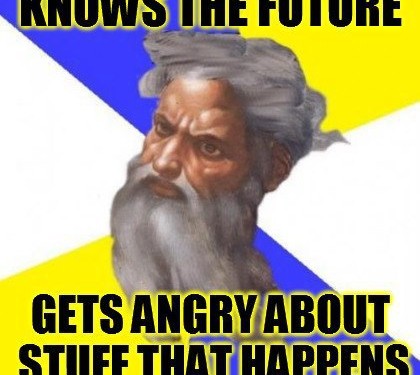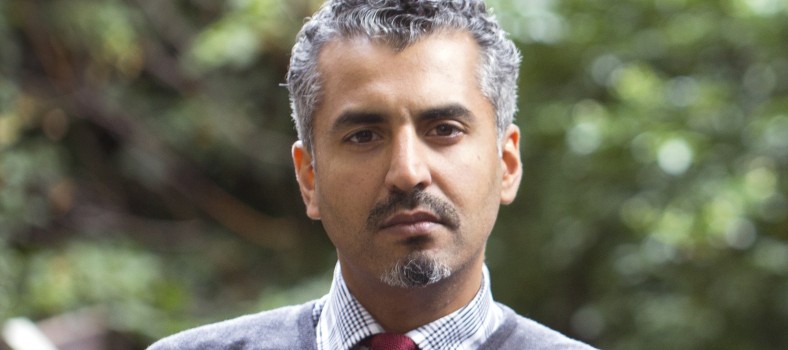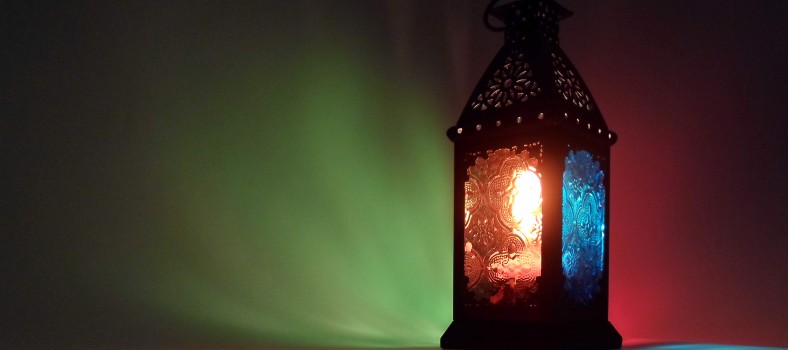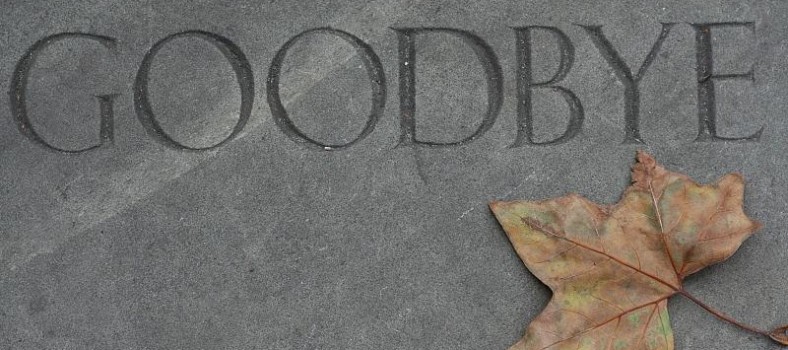Predestiny or Reality?
When I was a staunch, devout Muslim, there were many Islamic concepts that I was struggling to understand. Predestination, or Taqdeer, was one of them. Belief in Taqdeer is a principle article of the Islamic faith. It is the belief that everything which happened, that happens and that will happen is according to the knowledge, will and command of God. I found so many contradictions that caused confusions in my understanding of the religion. Once again, I turned to many Ulama (Islamic theologians), books, teachers and even my family member for answers. But no one was able to clear my doubt because something in this concept did not seem quite right. The concept of fate (Taqdeer) makes no sense at all!
For the purpose of analyzing the concept of destiny, let’s pretend that God, heaven and hell exist.
God said that when we were born, we’re already predestined to be either in heaven or in hell. According to the Quran and Hadith, Lauhul Mahfuz, or The Preserved Tablet, is the book in which God had written the predestination of His Creation before he created them. This means that when we were born, we’re already predestined to be either in heaven or in hell. This indicates that God should have known beforehand that we’re going to end up either in paradise or hellfire. If he changes his decision after hearing his ‘servant’ repent, that means that he’s not omnipotent because he wasn’t really sure beforehand where we’ll end up. As an all knowing God who had already planned the course of events in a person’s life in advance, he should have known that this person would repent and ask for forgiveness.
Also, he should have foreseen that this person would commit a ‘sin’ since this event has been part of God’s plan since day one. Thus, he has no rights to get angry with the person. If fate were real and your God decides to put you in hell fire, it is not your fault at all because it was already predestined for you that you should end up in hellfire. So your God is wrong as he wanted you to end up in hell. An all-merciful God would never do that.
There are many Muslims who love to assert from time to time that the Dunya (this ‘Earthly’ life) is God’s test to assess a person’s capacity of love, patience, loyalty and devotion to his religion and god through all the trials and tribulations that God purportedly puts him through. But this does not make sense either. If God were really an all-knowing God, he would already know what will happen tomorrow without the need to give any ‘tests’. He knows all, but also doesn’t know all. He controls all, yet doesn’t control all. God seriously needs to make up his mind.
Another argument given in favour of Taqdeer is that human beings do have a degree of control over their fates and it isn’t controlled entirely by God. However, even if we have some rights to determine and choose our fate, the all-knowing God will still know the choice we are going to make because our choice is actually predestined too. Ultimately the God is controlling your fate, under the pretension of giving you the liberty to “choose” your fate.
I find the entire sentiment behind “everything happens for a reason” to be utterly insensible. Believing that your life is an ‘enactment’ of some elaborate, divine plan is merely wishful thinking. It’s more realistic to say that “nothing happens for a reason.” There is no divine purpose, no grand design nor supreme power that is affecting our lives. Nature is a series of meaningless, purposeless and unfathomable catastrophes that are independent of our existence. We should leave things as they are instead of spinning tales to try and connect events to explain them. You cannot explain that which is not. Unfortunately, the concept of destiny has become a little excuse for many to escape from the unbearable reality which keeps people from coming to grips with their life.
Before I end, let me share a quote from a favourite movie of mine:
Princess Tamina: It’s gone. Protect the dagger no matter the consequences; that was my sacred calling. That was my destiny.
Prince Dastan: We make our own destiny, Princess. We’ll get it back.
— Prince of Persia: The Sands of Time
[Follow me on Twitter @ChistaPantea]





